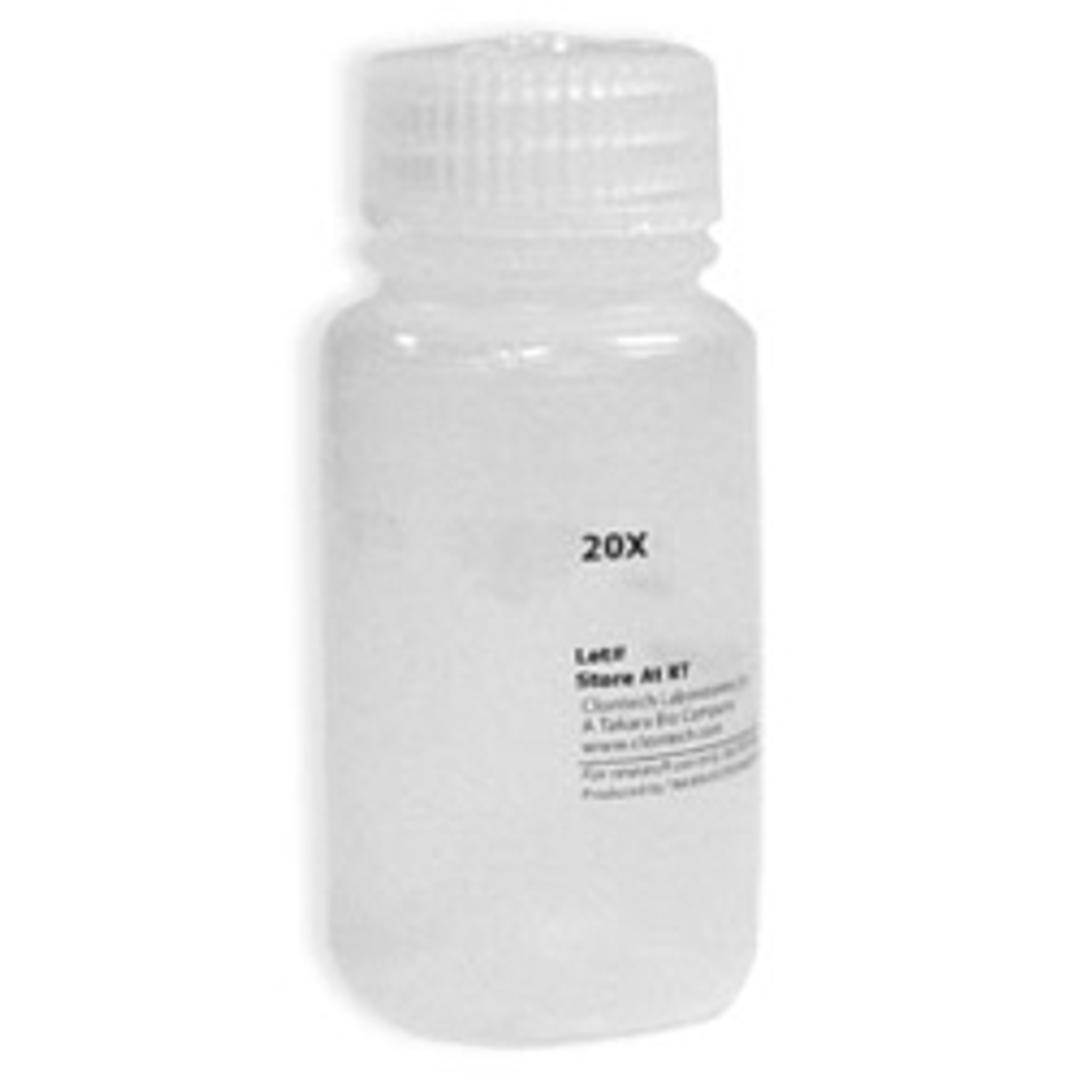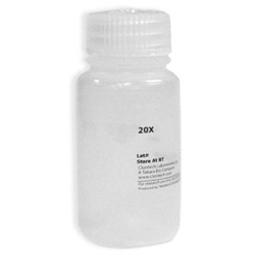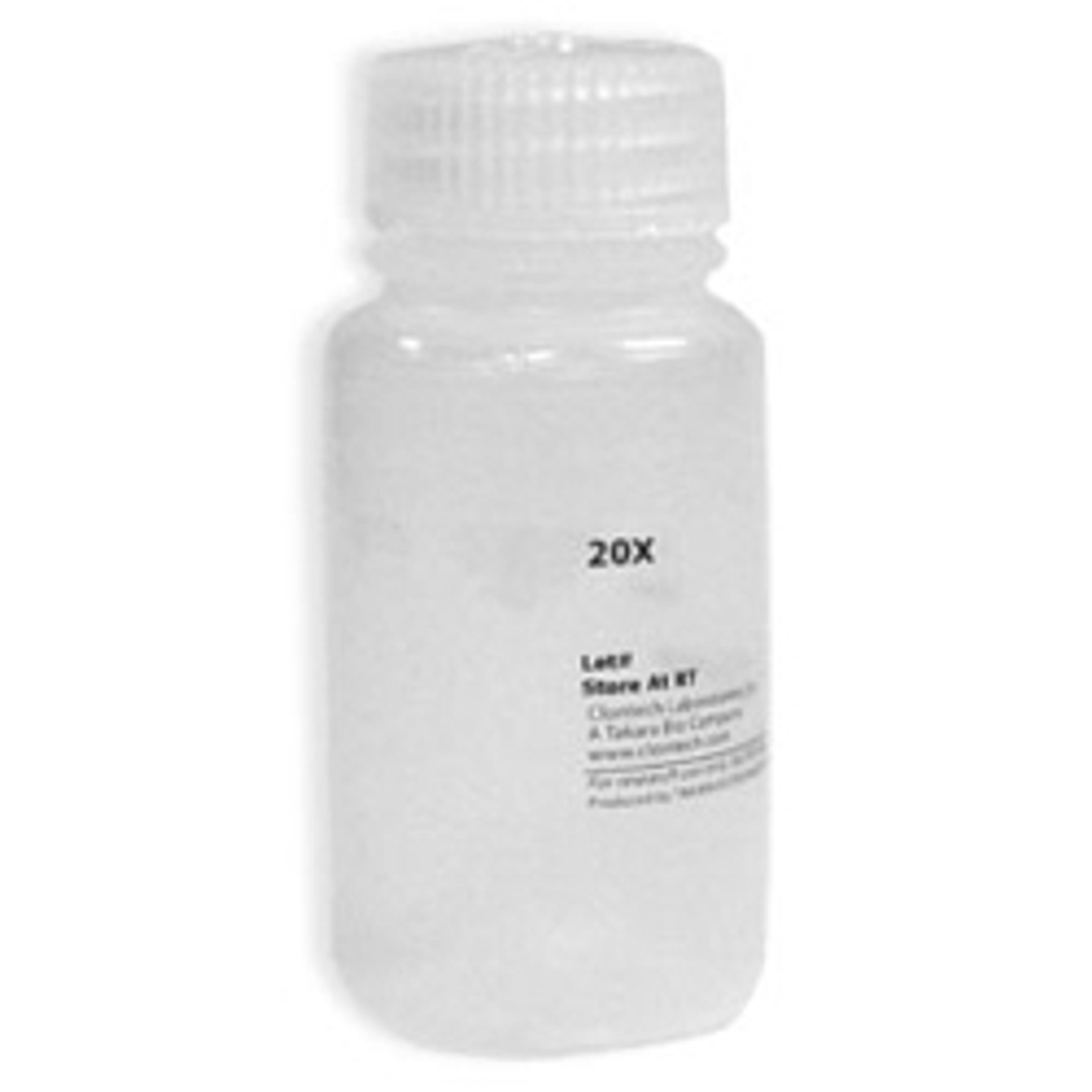HisTALON™ Resin FPLC Cartridges for His-Tagged Protein Purification
Cobalt Resin FPLC Cartridges for His-Tagged Protein Purification

The supplier does not provide quotations for this product through SelectScience. You can search for similar products in our Product Directory.
Cobalt Resin FPLC Cartridges for His-Tagged Protein Purification
HisTALON Cartridges are FPLC cartridges prepacked with TALON Superflow Resin, which can withstand flow rates of 5–20 cm per min. This resin combines Superflow 6, a rigid, highly porous agarose derivative, with TALON. The columns prepacked with the resin can be used for efficiently purifying his-tagged proteins from a total soluble protein extract of bacterial, mammalian, or baculovirus-infected cells.
TALON Metal Affinity Resin is a durable immobilized metal affinity chromatography (IMAC) resin that has a remarkable affinity and specificity for his-tagged proteins. TALON Resin is compatible with all commonly used IMAC reagents and allows protein purification under native or denaturing conditions.
TALON Metal Affinity Resin uses cobalt ions for purifying recombinant his-tagged proteins. TALON is a tetradentate chelator charged with cobalt, and is specific for his-tagged proteins. The TALON reactive core, containing cobalt, has strict requirements for the spatial positioning of histidines. Only adjacent histidines or specially positioned, neighboring histidines are able to bind the cobalt in this reactive core. In nickel-based resins (i.e., Ni-NTA Resin), these spatial requirements are less strict. Therefore, nickel-based resins are also able to bind histidines located in places other than the protein’s his-tag.
TALON Superflow is specifically designed for quick and effective purification of his-tagged proteins at high flow rates and medium pressure (up to 150 psi)—it’s ideal for FPLC applications.
Features:
- Easy-to-use prepacked 1 ml and 5 ml cartridges
- Maximize yield of biologically active protein
- Superior purity & high yields
Applications:
- Purified recombinant his-tagged proteins can be used for:
- Crystallography
- Functional assays
- Structural investigations
- Other applications



